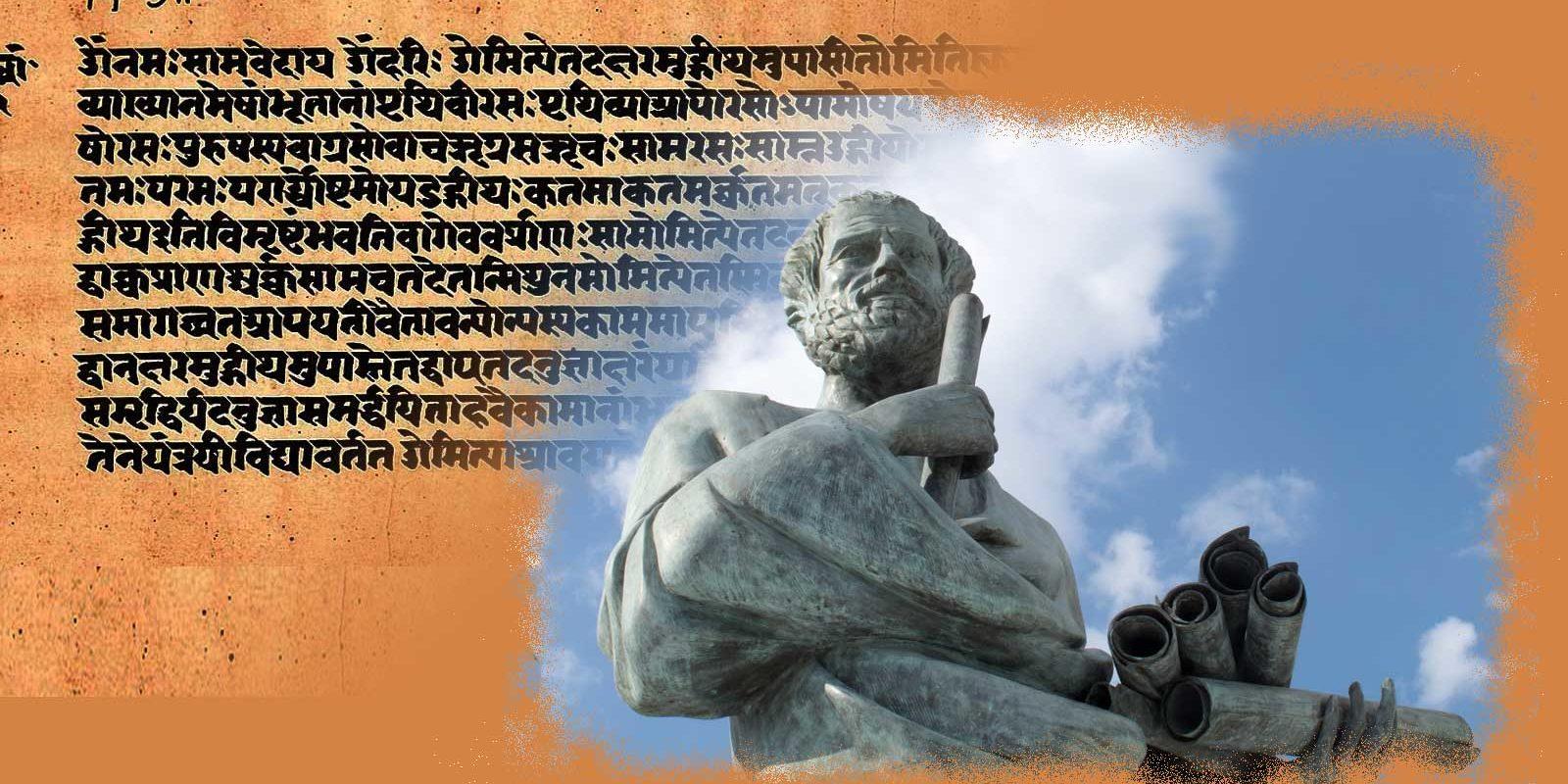Consciousness Studies: The Indian Approach
Introduction
This video lecture focuses on the Indian approach to consciousness studies, contrasting it with Western psychology and highlighting its unique features.
Western vs. Indian Psychology
Western psychology primarily focuses on the study of the mind and behavior, often using quantitative methods and focusing on individual differences. In contrast, Indian psychology takes a broader view, encompassing the study of consciousness, mind, behavior, and self, with a focus on the interconnectedness of these aspects.
Consciousness Studies, Not Just Psychology
In the Indian context, psychology is more appropriately called consciousness studies. This is because the focus is not just on the mind and behavior, but on understanding consciousness, which is considered to be more subtle than the mind.
Unique Features of Indian Psychology
Indian psychology has several distinctive features:
- Emphasis on the Subject: The focus has shifted from the object of inquiry to the subject of inquiry. The subject, or the "I," is considered to be the basis for all experiences and actions.
- Consciousness as the Unifying Principle: Consciousness is seen as the unifying principle that connects everything in the world, both internal and external. It is the underlying reality that is present in all experiences.
Conclusion
Indian psychology offers a unique and valuable perspective on the study of consciousness, emphasizing the interconnectedness of all things and the importance of understanding the true nature of the self.

